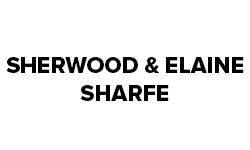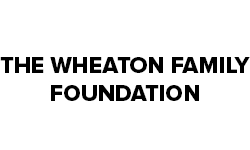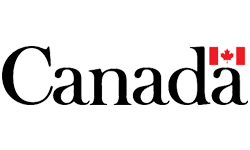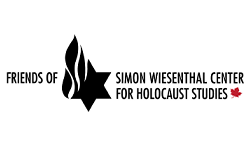CITIZENSHIP STUDIES 10-LEVEL: CITIZENS CONNECTED TO SELF, COMMUNITY, PLACE
Part A
Broad Area of Citizenship: Social Studies/History/Native Studies
Citizens connected to Self, Community, and Place value and demonstrate a commitment to understanding the connections between people, the societies they create, and the environment in which they live. They strive to right inequities of social injustice.
Students begin by examining causes of injustice and the considerations that must occur when trying to redress wrongs (10). They move to understanding the implications of injustice at the international level (20) and consider the additional complications of working with many countries with differing ideologies and political structures. In the final year of study (30) students continue to examine the historical and contemporary issues that arise from injustice and the structures, societal and political, that perpetuate ongoing inequities, including accepting the status quo.
Overview and Desired Results of Citizenship Study
Students reflect on how society and its institutions support or impede citizenship and the ability of citizens to redress injustices. They will also understand the implications of history on the present social contract but strive to commit themselves to bringing about positive change to contemporary Citizenship issues as an aspect of participation in the democratic process.
10
- Social Studies students will consider how our social structures and institutions have supported or impeded citizen empowerment to act on issues of social injustice.
- Historical Studies students will consider how our historical perspectives and ideologies contributed to the current state of social contract.
- Native Studies students will examine how existing political processes and structures attempt to address contemporary issues.
Enduring Understandings of Citizenship Study
- Injustices of today have roots in the past.
- Canadian society is challenged to manage the co-existence of diverse worldviews.
- Canadian citizens work to achieve a balance between rights and responsibilities through learning and action.
- Canadian society has inequities and elimination of these is beneficial for all Canadians.
- For each individual, becoming aware of racism in Canadian society is an evolutionary process and a precursor to change.
- As citizens of local, national, and global communities, Canadians are conscious, self-reflective, and critical of their own beliefs and actions and seek to make positive change.
- Citizens show flexibility of mind.
- Enduring understandings and questions stimulate thinking, guide the inquiry and are linked to outcomes.
- These questions point to the “big ideas’ in the area of inquiry and should be considered and reconsidered as the inquiry progresses.
- Deliberation of these understandings forms the evidence of learning at the end of study.
Knowledge and Skill Development
- Identify and analyze social justice issues
- Compare and contrast strategies to address those issues
- Investigate the underlying causes of social injustice
Essential Questions
- What is social justice?
- Why do injustices exist?
- What responsibility do individuals have to address injustices in society? How could this be accomplished?
- What responsibilities do governments have to address injustices in society? How can this be accomplished?
- How does an ethical and democratic society define and pursue justice?
Saskatchewan Curriculum Concept Connections
Students will:
- Investigate a variety of injustices, contemporary and historical, in social, economic, religious, and/or cultural areas;
- Understand that in order to have security, stability and predictability, humans tacitly agree to conform to the beliefs, values and mores imposed on them, implicitly and explicitly, by the various organizations of society or nations;
- Explore the processes that groups or organizations use to resolve differences and develop strategies to provide resolution so that a collective course of action can be carried out;
- Examine the importance and purpose of community stewardship and take action at provincial, national, and global levels;
- Compare and contrast the prevailing Canadian worldview with worldviews from around the globe in order to foster cooperation and respect among cultures; and,
- Determine and implement an action plan to affect change on a specific social justice issue.
© 2024 Concentus Citizenship Education Foundation Inc. All Rights Reserved.









